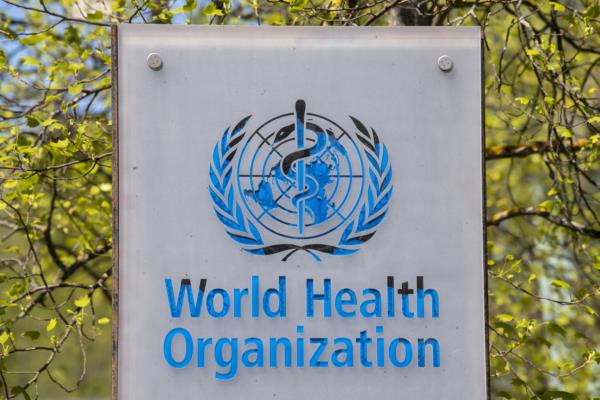
In a significant move, President Donald Trump signed an executive order to withdraw the United States from the World Health Organization (WHO) during his initial hours in office. This decision has sparked debates and concerns about the implications it may have on global health efforts.
Role of WHO
Established in 1948, WHO is a vital United Nations agency dedicated to safeguarding the health and security of people worldwide. With a mission to achieve the highest level of health for all individuals, WHO operates in over 150 locations globally, leading initiatives to enhance universal health coverage and manage health emergencies such as yellow fever, cholera, and Ebola outbreaks.
Notable Achievements
One of WHO's most remarkable accomplishments was the eradication of smallpox, showcasing successful collaboration between nations even during the Cold War era. Additionally, the agency has played a crucial role in the overall improvement of life expectancy worldwide since its inception.
Reasons for US Withdrawal
President Trump's decision to withdraw from WHO stems from his criticism of the organization's handling of the COVID-19 pandemic. Trump has accused WHO of mismanagement and covering up crucial information related to the virus's spread. He has particularly emphasized the need for transparency regarding the origins of the coronavirus, alleging that it originated in a lab in Wuhan, China.



Despite some shared concerns between Trump and WHO regarding China's transparency, the President has labeled the organization as a 'corrupt globalist scam' that has shielded the Chinese Communist Party's actions.
Global Health Concerns
Experts have cautioned that the US withdrawal from WHO, a significant contributor to the agency's budget, could have adverse effects on global health initiatives. The absence of the US, WHO's most influential member, may hinder the organization's ability to effectively respond to health crises and maintain international health standards.
As the world navigates through the complexities of public health challenges, the future implications of the US withdrawal from WHO remain uncertain, raising questions about the collaborative efforts needed to address global health issues.







